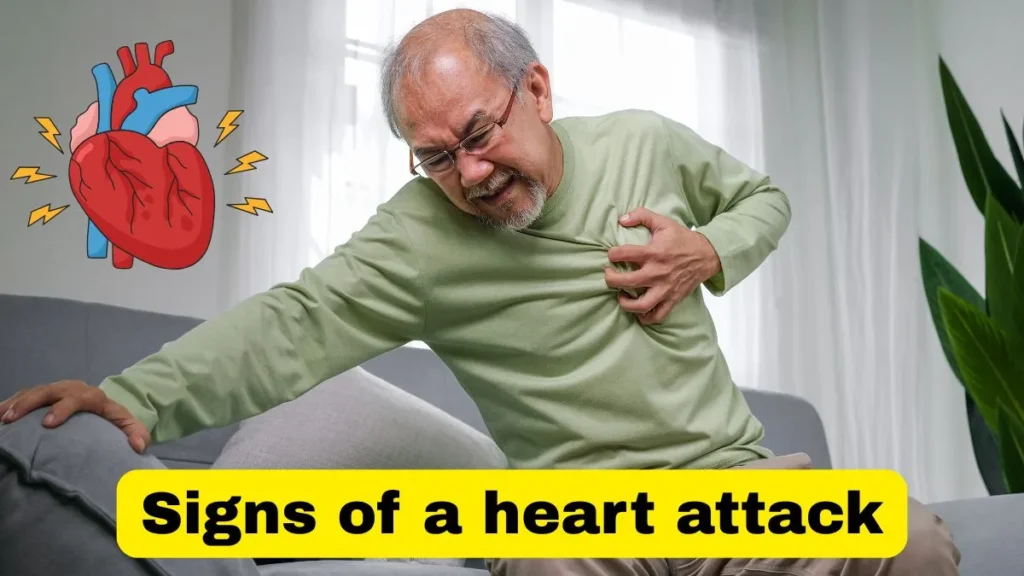
Learning about the symptoms of a heart attack can help prevent and potentially save a person’s life. A heart attack may not start with a sudden pain in the chest. Symptoms of a heart Attack may be faint initially and may be ignored. Being aware of these premonitions can be the key to everything.
1. Chest discomfort or pain
This is the most common sign of a heart attack. It can feel like pressure, squeezing, fullness, or pain that lasts more than a few minutes.
2. Shortness of breath
Often accompanied by chest discomfort, this symptom can happen even without physical exertion and is one of the early signs of a heart attack.
3. Fatigue and weakness
Feeling extremely tired or weak for no reason? This may be your body’s way of signaling restricted blood flow — a major sign of a heart attack.
4. Pain in arms, neck, jaw, or back
These types of radiating pains, especially on the left side, are often misunderstood but are serious signs of a heart attack.
5. Cold sweat, nausea, or lightheadedness
These flu-like symptoms may not seem heart-related, but are often seen during heart attacks, especially in women.
6. Irregular heartbeat or palpitations
A fluttering or racing heart can be your body’s alert system. Ignoring these can delay the response to the signs of a heart attack.
7. Anxiety or sense of impending doom
Many patients report a sudden feeling that something is seriously wrong — trust that instinct.
Important to Know:
-
Not all signs of a heart attack are dramatic.
-
Women often have different or less obvious signs of a heart attack.
-
If you notice any of these symptoms, call emergency services immediately.
Being aware of the signs of a heart attack can help you or a loved one act fast. Don’t ignore subtle body signals. Whether it’s fatigue, jaw pain, or shortness of breath, understanding the signs of a heart attack empowers you to seek help early and potentially save a life.
Top 5 FAQ About Heart Attack.
Common early signs include chest discomfort, fatigue, and shortness of breath.
Yes. Some heart attacks present with back pain, jaw pain, or nausea, especially in women.
While both can cause chest tightness and palpitations, heart attacks often come with physical exertion and radiating pain.
Symptoms can appear hours, days, or even weeks before a full-on heart attack.
Yes. Intermittent chest discomfort or fatigue should still be taken seriously.